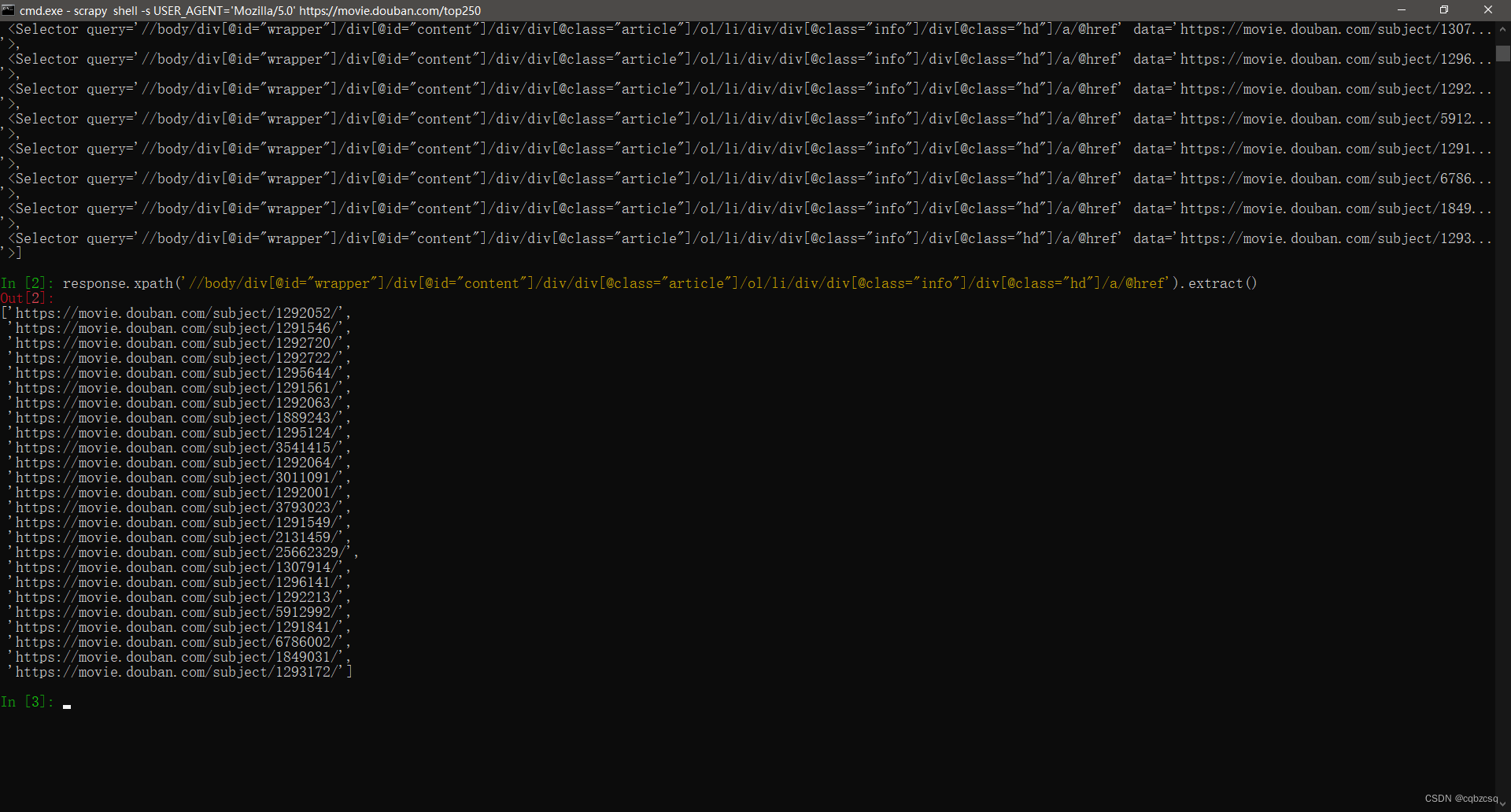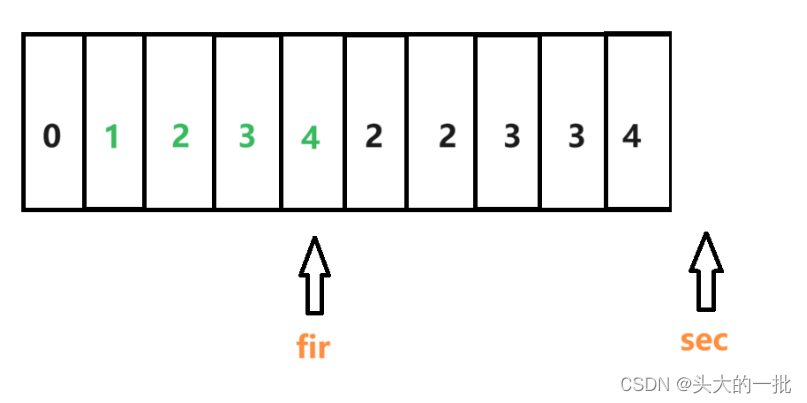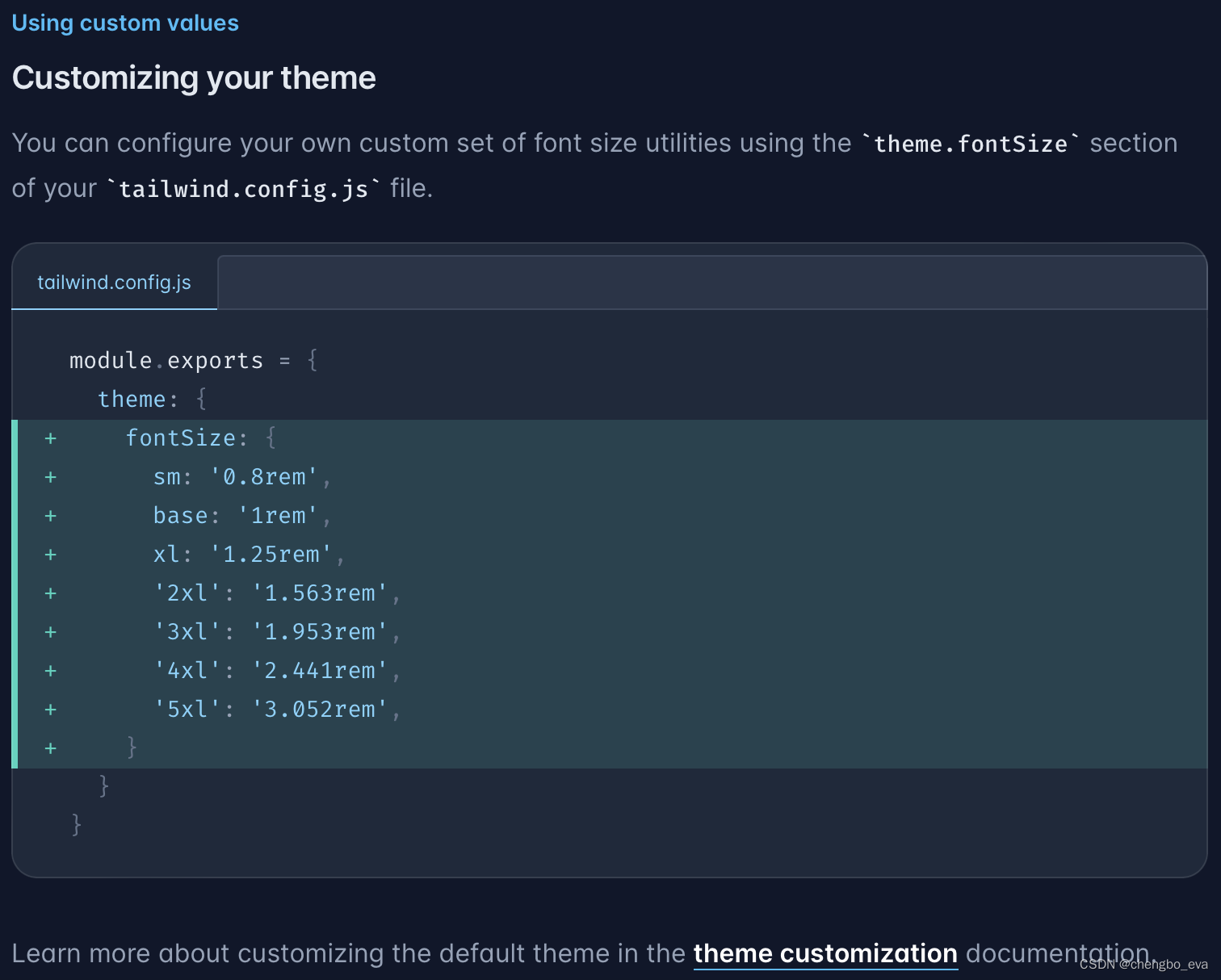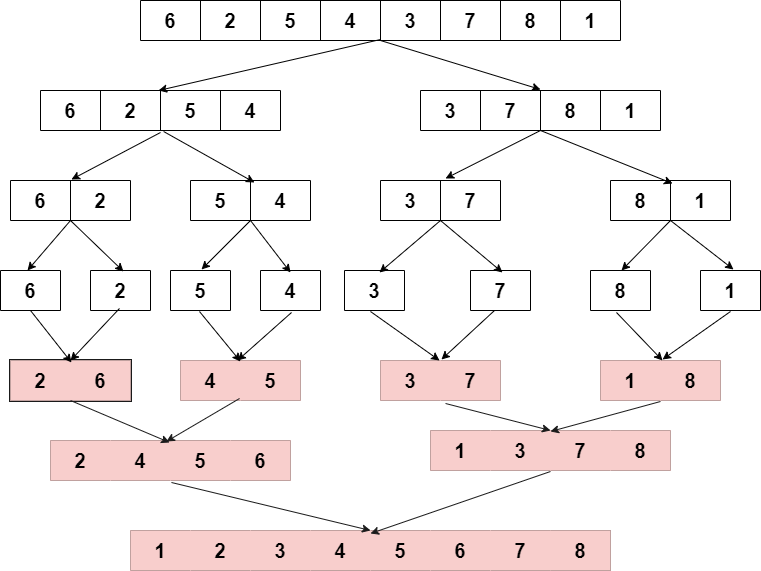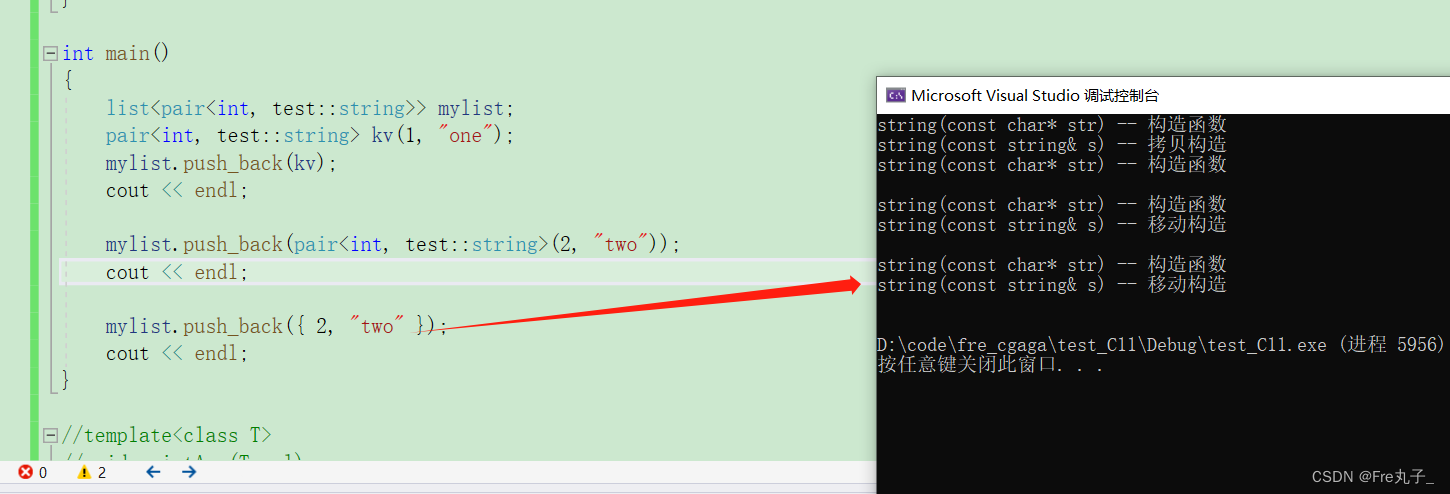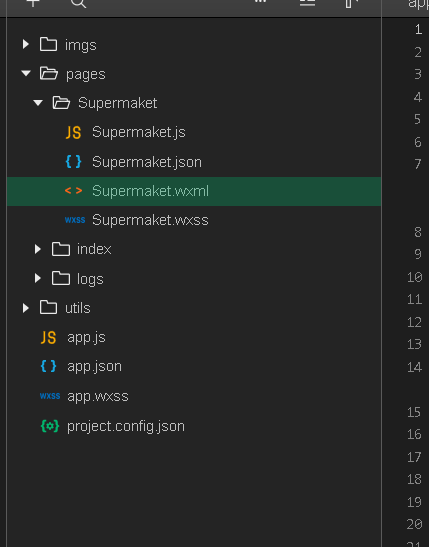函数式接口
java.util.function :
Consumer :消费型函数接口 void accept(T t)
Function :函数型接口 R apply(T t)
Predicate :判断型接口 boolean test(T t)
Supplier :供给型接口 T get()
Consumer - 消费型函数接口
该接口代表了一个接受一个参数并且不返回结果的操作。
方法签名:void accept(T t)
Function<T, R> - 函数型接口
T代表参数的类型 R是返回值的类型
该接口代表了一个接受一个参数并返回结果的操作。
方法签名:R apply(T t)
Predicate - 判断型接口
该接口代表了一个接受一个参数并返回布尔值的判断操作。
方法签名:boolean test(T t)
Supplier - 供给型接口
该接口代表了一个不接受参数但返回结果的操作,用于提供数据
方法签名:T get()
代码示例:
/**
*
* @author sunyuan
* @date 2023/9/25 21:06
*/
@Slf4j
public class FunctionDemo {
public static void main(String[] args) {
consumerTest();
functionTest();
predicateTest();
supplierTest();
}
/**
* Consumer<T> - 消费型函数接口
* 该接口代表了一个接受一个参数并且不返回结果的操作。
* 方法签名:void accept(T t)
*/
public static void consumerTest() {
log.info("consumerTest");
Consumer<String> consumer = str -> System.out.println(str);
consumer.accept("子小远");
}
/**
* Function<T, R> - 函数型接口
* T代表参数的类型 R是返回值的类型
* 该接口代表了一个接受一个参数并返回结果的操作。
* 方法签名:R apply(T t)
*/
public static void functionTest() {
log.info("functionTest");
Function<String, Integer> function = str -> str.length();
Integer apply = function.apply("子小远");
log.info("functionTest:{}", apply);
}
/**
* Predicate<T> - 判断型接口
* 该接口代表了一个接受一个参数并返回布尔值的判断操作。
* 方法签名:boolean test(T t)
*/
public static void predicateTest() {
log.info("predicateTest");
Predicate<String> predicate = str -> str.isEmpty();
boolean test = predicate.test("子小远");
log.info("predicateTest:{}", test);
}
/**
* Supplier<T> - 供给型接口
* 该接口代表了一个不接受参数但返回结果的操作,用于提供数据。
* 方法签名:T get()
*/
public static void supplierTest() {
log.info("supplierTest");
Supplier<Integer> supplier = () -> new Random().nextInt();
Integer s = supplier.get();
log.info("supplierTest:{}", s);
}
}
运行结果







